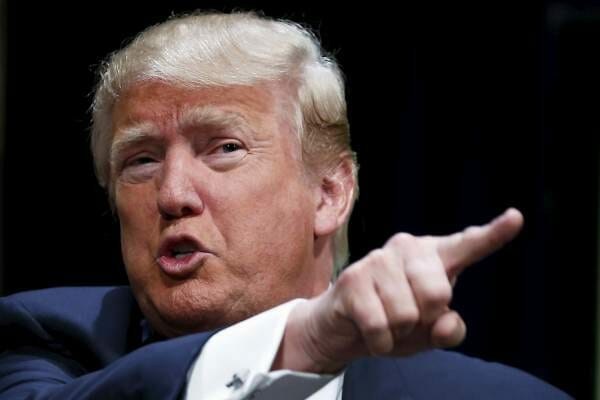In a recent exchange of statements, President Donald Trump confronted Panamanian President José Raúl Mulino regarding claims of sovereignty over the Panama Canal. Mulino contended that “every square meter” of the Canal belongs to Panama, asserting the nation’s unyielding claim to sovereignty. In response, Trump issued a stern warning on social media, suggesting that the United States might consider reclaiming control of the Canal unless Panama agreed to renegotiate terms related to its operational costs and countering the influence of China in the region. Trump emphasized that the Canal must never fall into “the wrong hands” and framed the U.S.-Panama relationship as one rooted in cooperation rather than indulgence.
In a follow-up post, Trump elaborated on the significance of the Panama Canal as a critical asset for the United States. He underscored its vital role in U.S. commerce and national security, highlighting that approximately 70 percent of all transit through the Canal serves U.S. ports. Trump marked the Canal as a marvel of contemporary engineering, built at great cost in lives during its construction over a century ago. He nostalgically referred to the leadership of Teddy Roosevelt during the Canal’s building and characterized the decision by former President Jimmy Carter to hand it over to Panama for just one dollar as shortsighted, framing it as a gesture meant to support Panamanian management rather than to allow for outside influence or exorbitant fees.
Trump’s insistence on re-evaluating the operational fees charged by Panama paints a picture of frustration with the current financial arrangements. He claimed that the U.S. Navy and American businesses are subject to unfair rates imposed by Panama, a sentiment reflective of his administration’s broader approach to scrutinizing international agreements perceived as disadvantageous to U.S. interests. The former president characterized these fees as a “complete rip-off,” calling for immediate reforms to correct what he sees as an unjust economic arrangement stemming from the generosity the United States has shown to Panama.
In a pointed rebuttal, President Mulino defended Panama’s sovereign rights in a video statement, rejecting Trump’s assertions. He reiterated that the Canal belongs unequivocally to Panama and is not under the control or influence of external powers, including the U.S., China, or European nations. Mulino’s remarks echoed a commitment to maintaining the independence of Panama while calling for mutual respect between nations. His response highlights the robust sentiment of national sovereignty prevailing in Panamanian discourse, emphasizing the importance of maintaining control over the Canal as a matter of pride and national integrity.
The ongoing exchange reflects broader themes of geopolitical tension, especially in the context of U.S. relations with Latin American countries. Trump’s assertive tone resonates with his administration’s tendency to leverage economic power in international relations, reinforcing a transactional approach to foreign policy that seeks to renegotiate terms favorable to American interests. As Panama continues to assert its sovereignty over the Canal, the friction with the United States adds complexity to regional dynamics and trade relations, particularly against the backdrop of China’s growing influence in the area.
As the dialogue evolves, it remains to be seen how both leaders will navigate their positions on the Canal and what impact these exchanges might have on future U.S.-Panama relations. Trump’s final remark, “We’ll see about that!” leaves the door open for further confrontations or negotiations, suggesting that the issue of the Panama Canal will continue to be a point of contention as both leaders seek to uphold their nations’ interests in an increasingly competitive global landscape.

